 |
 |
 |
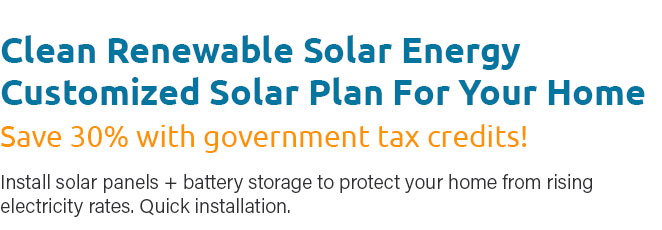 |
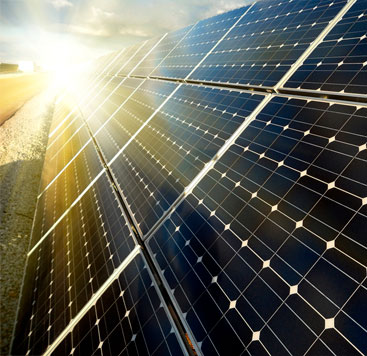 |
 |
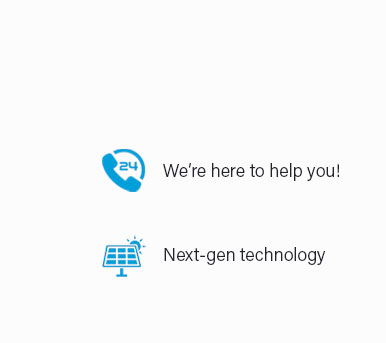 |
 |
 |
 |
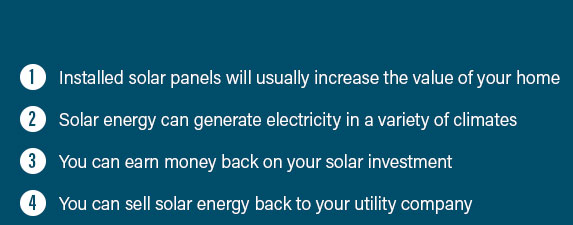 |
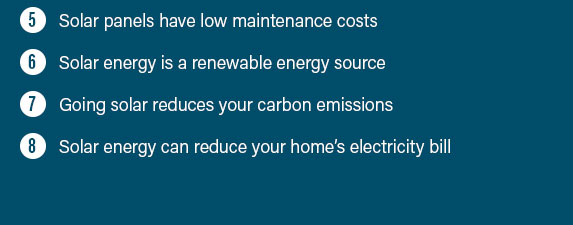 |
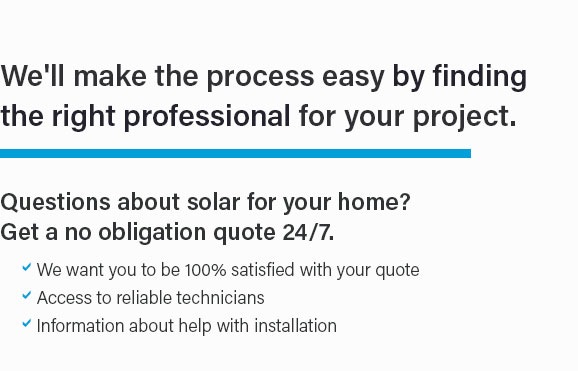 |
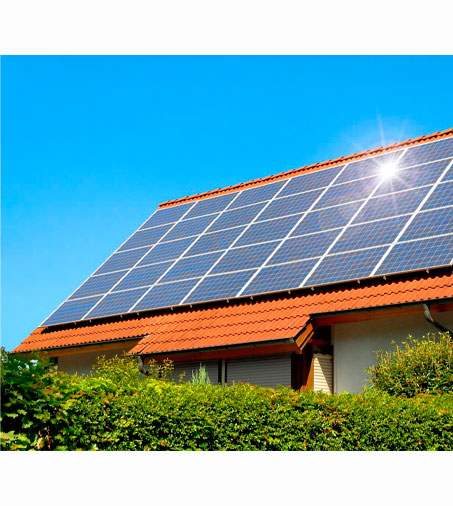 |
|
 |
 |
 |
Understanding the Average Solar Panel Installation CostThe quest for sustainable energy solutions has driven many homeowners and businesses to consider solar panel installations. However, understanding the average cost of such an undertaking can be somewhat complex due to various influencing factors. In this exploration, we aim to unpack the nuances of solar panel installation costs, providing you with a comprehensive understanding to make informed decisions. First and foremost, the cost of installing solar panels is not merely a reflection of the initial purchase price of the panels themselves. Instead, it encompasses a range of components including hardware costs, labor charges, and additional expenses such as permits and potential upgrades to your existing electrical system. According to recent data, the average cost of solar panel installation in the United States hovers around $15,000 to $25,000 for a standard residential system. However, this figure can vary widely based on several critical factors. One of the most significant determinants of cost is the system size. Naturally, larger systems that generate more electricity will be more expensive than smaller setups. Location also plays a crucial role; areas with higher electricity costs or generous state incentives may see a different cost dynamic. Furthermore, the type of solar panels chosen can significantly influence the final bill. While monocrystalline panels are typically more efficient and thus more expensive, polycrystalline panels offer a budget-friendly alternative albeit with slightly lower efficiency. Another aspect to consider is the installation company. Prices can vary between companies due to differences in labor rates, expertise, and even company reputation. It's essential to obtain multiple quotes and thoroughly research potential installers to ensure you receive quality service at a fair price. Additionally, keep in mind that investing in a reputable company might save you from future headaches related to maintenance and system performance. While the upfront cost of solar panel installation can seem daunting, it's crucial to consider the long-term financial benefits. Solar panels can significantly reduce or even eliminate your electricity bill, depending on your energy consumption and local net metering policies. Moreover, federal and state tax incentives can help offset the initial investment, making solar energy a more attractive proposition.
In conclusion, while the average cost of solar panel installation may initially seem high, the potential for long-term savings and environmental benefits makes it a worthy consideration for many. By understanding the various elements that influence cost and taking advantage of available incentives, you can make an informed decision that aligns with both your financial goals and sustainability aspirations. https://www.reddit.com/r/solar/comments/1c8q9xy/what_is_a_typical_cost_per_watt_in_the_us_for/
No battery, it varies regionally, but on the cheapest end closer to $2.3/W. Average is closer to $3/W. USA is expensive, sometimes VERY ... https://www.solarreviews.com/solar-panel-cost/texas/dallas
How much do solar panels cost in Dallas? As of 2025, the average cost of solar in panels per watt in Dallas is $2.84 per watt. https://www.nerdwallet.com/article/mortgages/solar-panel-cost
The average cost of a typical-size home solar panel system is about $30000. Tax credits and incentives may reduce net cost of solar panels ...
|